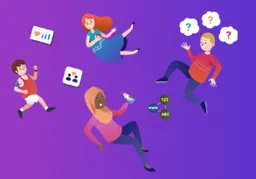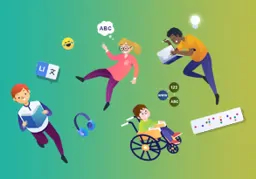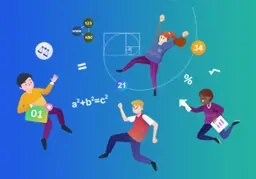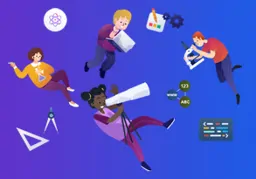AREA OF LEARNING AND EXPERIENCEExpressive Arts
Guidance to help schools and settings develop their own curriculum, enabling learners to develop towards the four purposes.
2. Statements of what matters
Mandatory
Exploring the expressive arts is essential to developing artistic skills and knowledge and it enables learners to become curious and creative individuals.
Exploring this Area, both through their own creative work and other people’s, engages learners with genres, techniques, tools, materials and practices and enables them to become curious and creative individuals.
By exploring forms and disciplines in the expressive arts, whether through experimentation, play or formal research and inquiry, learners can develop an understanding of how the expressive arts communicate through visual, physical, verbal, musical and technological means. This exploration can also progress their understanding of how the expressive arts shape ideas and feelings. It can encourage them to develop their imagination and draw upon their own experiences, skills and talents to become creative artists themselves.
The expressive arts are also a powerful medium through which learners can explore Wales and its unique and diverse traditions, history and cultures. They can provide opportunities for learners to explore their own cultural heritage and that of other people, places and times, and through this discover how the expressive arts can be used to shape and express personal, social and cultural identities. Learners will be exposed to and explore work from diverse cultures and societies and learn about these influences, histories and impact. Learners can also explore how the expressive arts can be used to question and challenge viewpoints and be a force for personal and societal change.
Responding and reflecting, both as artist and audience, is a fundamental part of learning in the expressive arts.
Responding within the expressive arts engages the emotions and the intellect. Response may be a simple sensory reaction to artistic stimulus or a critical analysis of creative work. The ability to reflect is deepened as learners increase their knowledge and understanding of how and why creative work is developed and produced.
Adopting the skills and critical vocabulary encountered in this Area can equip learners to consider creative work in a range of media, forms, genres and styles.
Learning the important skills of refinement and analysis can contribute to their creative development.
Learners’ resilience can also be developed when they are encouraged to identify how they can improve their work and respond to feedback from others.
The act of responding encouraged by engagement in this Area challenges learners to reflect on the effectiveness of their own work and that of others, including the work of diverse artists from Wales and beyond.
Creating combines skills and knowledge, drawing on the senses, inspiration and imagination.
By engaging with this Area, learners will be given opportunities to be innovative and bold, to create individual work and to develop their own identity as artists in Wales. This learning and experience can foster resilience and flexibility to overcome challenges.
Creating in the expressive arts embraces a range of activities including planning, drafting, designing, making, choreographing, shaping, composing and editing. Creating requires learners to develop and demonstrate control of a range of skills and an application of knowledge.
During the creative process learners communicate through a variety of art forms or disciplines. Communication includes performing, presenting, sharing, exhibiting and producing with consideration of the audience.
In this Area, learners’ engagement with the creative process can enable them to recognise opportunities to transform their ideas safely and ethically into work which has cultural and commercial value, and to use their creative skills to realise ambitions.







